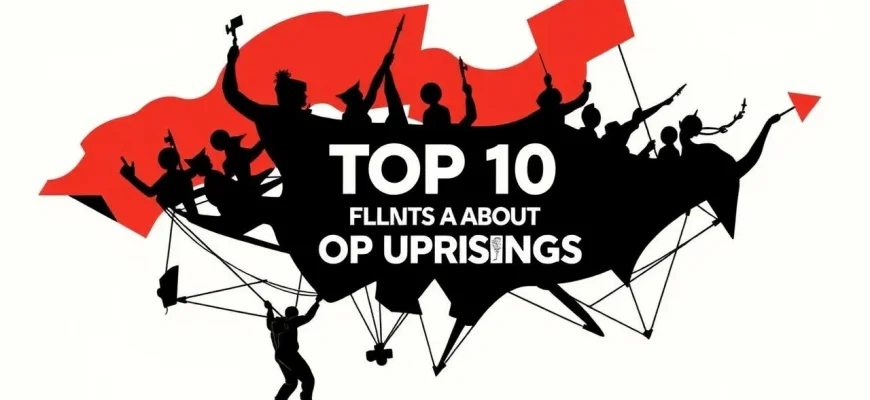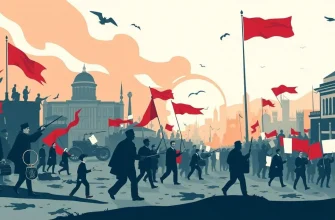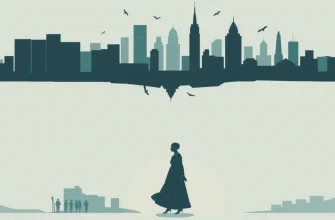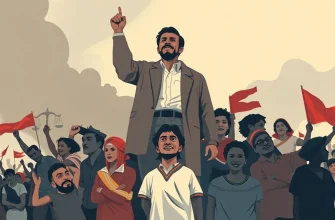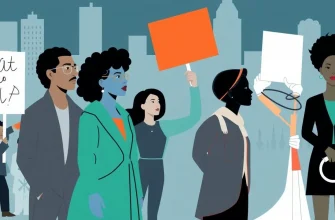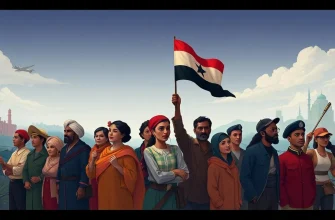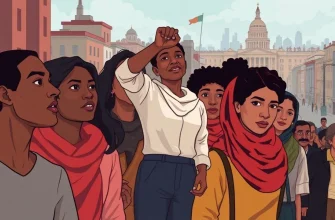The power of cinema lies in its ability to transport us to different times and places, allowing us to live through the eyes of those who dared to challenge the status quo. This collection of biopic films about uprisings not only entertains but educates, shedding light on the courage, sacrifice, and resilience of individuals who stood up against oppression. From historical revolutions to modern-day protests, these films offer a window into the human spirit's unyielding quest for freedom and justice.

The Battle of Algiers (1966)
Description: Although not strictly a biopic, this film recreates the Algerian struggle for independence from French colonial rule, capturing the essence of an uprising.
Fact: The film was shot on location in Algiers with many of the extras being former FLN fighters.
 Watch Now
Watch Now 
Gandhi (1982)
Description: This epic biographical drama chronicles the life of Mohandas K. Gandhi, who led India's non-violent resistance against British rule. His philosophy of non-violent protest inspired civil rights movements worldwide.
Fact: The film was shot in India with over 300,000 extras, and it won eight Academy Awards, including Best Picture and Best Actor for Ben Kingsley.
 Watch Now
Watch Now 
Malcolm X (1992)
Description: Directed by Spike Lee, this film explores the life of Malcolm X, from his early days as a street hustler to his rise as a prominent civil rights leader advocating for black empowerment and self-defense.
Fact: Denzel Washington's portrayal of Malcolm X was critically acclaimed, and the film was nominated for two Academy Awards.
 Watch Now
Watch Now 
The Motorcycle Diaries (2004)
Description: This film follows the young Ernesto "Che" Guevara on a transformative journey across South America, which shapes his revolutionary ideals.
Fact: The film was shot on location in Argentina, Chile, and Peru, following the actual route taken by Guevara.
 Watch Now
Watch Now 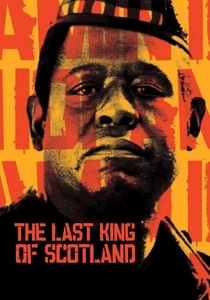
The Last King of Scotland (2006)
Description: This film tells the story of Idi Amin's rise to power in Uganda, seen through the eyes of a fictional Scottish doctor, highlighting the brutal regime and the resistance against it.
Fact: Forest Whitaker won an Academy Award for Best Actor for his portrayal of Idi Amin.
 Watch Now
Watch Now 
The King's Speech (2010)
Description: While not directly about an uprising, this film shows King George VI's struggle with his speech impediment during a time when Britain was on the brink of WWII, symbolizing a personal uprising against his own limitations.
Fact: The film won four Academy Awards, including Best Picture and Best Actor for Colin Firth.
 Watch Now
Watch Now 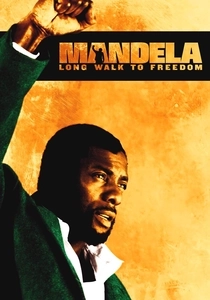
Mandela: Long Walk to Freedom (2013)
Description: This biopic traces Nelson Mandela's life from his childhood in a rural village through his activism, imprisonment, and eventual rise to become South Africa's first black president.
Fact: Idris Elba, who played Mandela, spent time with Mandela's family to prepare for the role.
 Watch Now
Watch Now 
The Wind That Shakes the Barley (2006)
Description: Set during the Irish War of Independence, this film follows two brothers who join the IRA to fight for Irish independence from British rule.
Fact: The film won the Palme d'Or at the Cannes Film Festival.
 30 Days Free
30 Days Free 
Che: Part One (2008)
Description: The first part of Steven Soderbergh's biopic focuses on Che Guevara's role in the Cuban Revolution, capturing the guerrilla warfare and the eventual triumph of Fidel Castro's forces.
Fact: The film was shot in chronological order to capture the physical and emotional changes in Che Guevara's character.
 30 Days Free
30 Days Free 
Hunger (2008)
Description: This film focuses on the 1981 Irish hunger strike, particularly on Bobby Sands, who led the strike in protest of the treatment of IRA prisoners.
Fact: Michael Fassbender lost 42 pounds to portray Bobby Sands.
 30 Days Free
30 Days Free 
